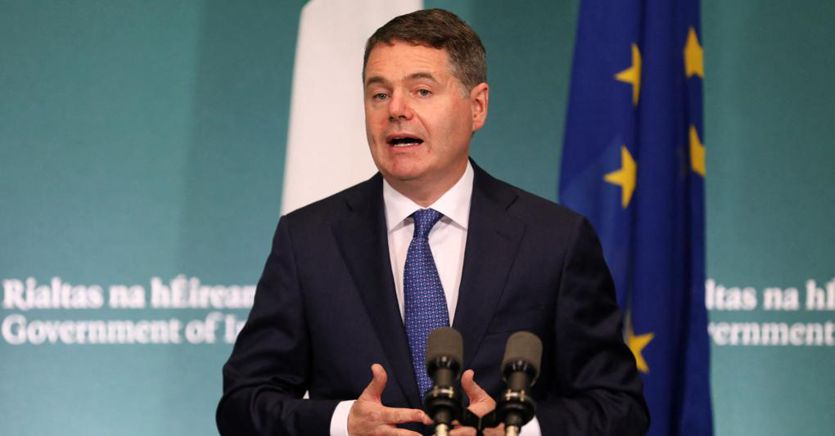Ireland and Estonia will also join the global agreement on a minimum corporate tax of 15% for multinationals starting from 2023: a decisive (and also symbolic, as far as Dublin is concerned) to the OECD agreement already signed by 134 Countries out of 140. The confirmation of the Irish yes, on the eve of the new OECD ministerial meeting in Paris, came from the Minister of Finance, Pascal Donohoe, after the go-ahead from the Dublin government.
Farewell to a cornerstone of Irish fiscal policy
«It is a balance between our competitiveness and our place in the world – said Donohoe -. It will ensure that Ireland is part of the solution to the problem, while respecting the future international tax structure. It is a difficult decision – he added – but, I believe, fair and pragmatic “, then declaring himself certain that Ireland will remain attractive for multinational investments, while abandoning the 12.5% corporate tax that has been a cornerstone of its fiscal policy for over twenty years, strenuously defended by pressure from EU partners, France in the lead.
Favorable taxation (guaranteed not only by the corporate tax, but also by targeted incentives or agreements that allowed multinationals to pay negligible taxes) was a key element in bringing the European headquarters of giants such as Google, Apple and Facebook to Dublin.
SMEs exempted
The new rate will affect over 1,500 companies that employ around 400,000 people in Ireland and will, according to initial estimates, steal around two billion a year from the state coffers. On the other hand, Irish small and medium-sized enterprises with an annual turnover of less than 750 million euros will continue to pay 12.5% of profits. The reassurance obtained in this sense was one of the two factors that convinced Ireland to drop the qualms that had led it not to sign the agreement in June.
Even more important, however, was the second factor: the revision of the text of the agreement which, in the new version, no longer refers to a tax of “at least 15%”, but simply “of 15%, providing certain indications to those who want to invest and clearing up Irish fears that, when the EU passes the directive necessary to put the new regime into practice, higher rates will not be introduced, as some countries would have liked. “The European Commission – added Donohoe – has also assured me that the directive will be faithful to the agreement and will not go beyond international consensus”.
